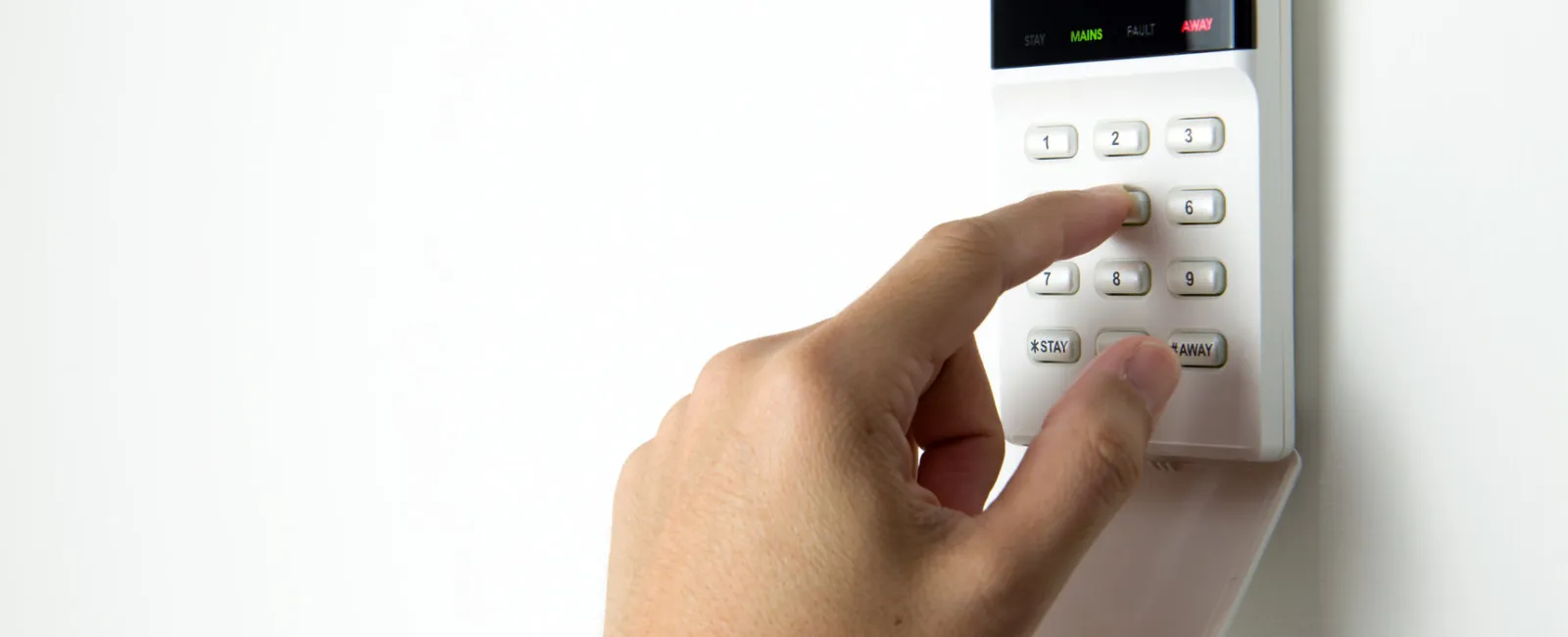What Happens After Your Alarm Goes Off? Here's Why It Matters
When thinking about home or business security, most people focus on prevention: cameras, locks, and sensors. But one of the most critical questions is often overlooked—what happens after your alarm is triggered?
Many homeowners and business owners assume that all alarm systems react the same way during an emergency. In reality, how your system responds can vary significantly, depending on whether it's a local or a monitored system.
In this blog, we'll break down the differences between local alarm systems and central (monitored) alarm systems, and help you determine which is right for your home or business.
Local Alarm Systems: Basic Alerts, No Backup
A local alarm system is often the most common type found in residential settings and small businesses. When triggered—whether by an attempted break-in, fire, or carbon monoxide detection—the system sets off a loud siren and may also send a push notification to your smartphone.
However, these systems do not automatically contact emergency responders. If no one is present to hear the alarm or take action, no one—not the police, fire department, or emergency medical services—will be alerted.
Key Features of Local Alarm Systems:
-
Audible alarms or push notifications only
-
No automatic contact with emergency services
-
Relies on individuals to call 911
-
Lower upfront and long-term costs
While local systems may be sufficient for some, they can leave your property vulnerable during times you're away or unable to respond quickly.
Central (Monitored) Alarm Systems: Real-Time Protection, 24/7
In contrast, a central or monitored alarm system offers a much higher level of protection. These systems are connected to a 24/7 central monitoring station, where live operators are always on standby to respond the moment your alarm is triggered.
Once an alert is received, the operator assesses the situation—filtering out false alarms and immediately contacting the appropriate authorities if there's a verified emergency. In many cases, help is dispatched in under a minute.
Benefits of Central Alarm Systems:
-
Instant connection to trained monitoring professionals
-
Automatic dispatch of police, fire, or medical services
-
No need for you to call 911
-
Ideal for unoccupied homes or closed businesses
-
Offers significant peace of mind
Whether you're at work, on vacation, or sleeping soundly, a monitored system ensures your property is protected at all times.
Which Alarm System Is Right for You?
Choosing between a local and a central alarm system depends on several factors:
-
Your property type (home vs. business)
-
Local ordinances and building codes
-
Your availability to respond during emergencies
-
Budget considerations
While monitored systems require a monthly service fee, they deliver unmatched peace of mind and are widely considered the gold standard in property protection.
Let Ackerman Help You Make the Right Choice
At Ackerman Security, we've been safeguarding homes and businesses since 1967. As Atlanta's largest and most trusted security provider, we offer both local and monitored alarm systems tailored to your specific needs.
Not sure which system is best for you? Our experts are here to help you assess your options and customize a solution that fits your property and lifestyle.
🔒 Ready to Protect What Matters Most?
👉 Get Your Free Quote Today Or learn more about our Home Security Monitoring and Business Security Monitoring services.






